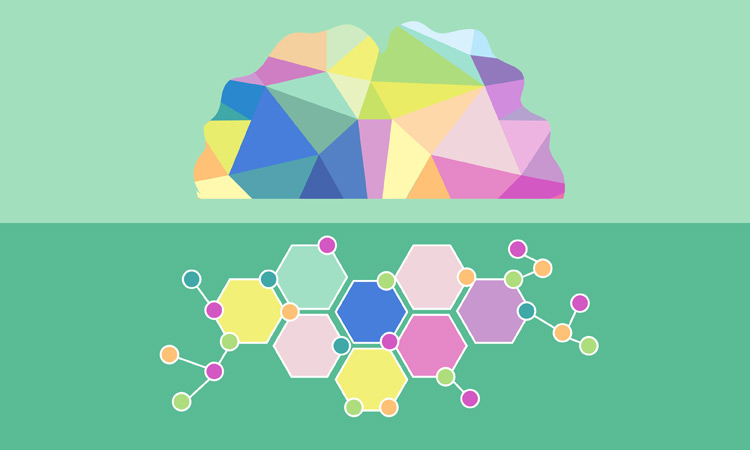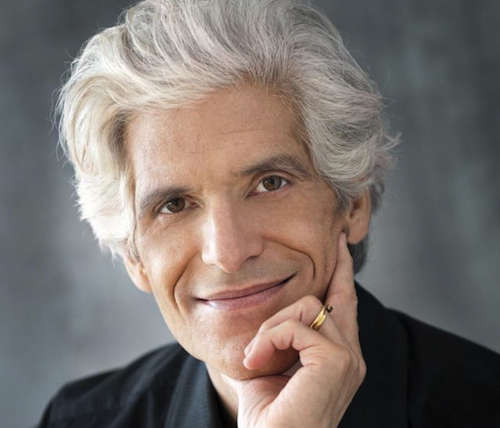Ever wonder why some people experience chronic pain long after an injury has healed? Or why some are more prone to pain than others? Interestingly, pain is in fact produced in your head.
“Pain is always—100% of the time—created by your brain in an attempt to make you do something to protect your body, “ says Sarah McKay, neuroscientist, science writer, speaker, and creator of the website Your Brain Health. “People right in the middle of an acute episode of back pain know this better than most—it’s a brutal, distressing and, at times, terrifying feeling that possesses you to desperately want to be rid of it.”
Neuroscientists are realizing that pain is complex and much more than physical sensations—there are several psychological and emotional factors that also come into play.
So how can you tell the difference between a psychological issue and a physical one? Unfortunately, it can take a lot of research to reveal the root cause. For example, anxiety and panic disorders often manifest themselves in physical sensations. While anxiety and panic disorders are classified as psychological, they have neurological and chemical triggers.
“We could say that they [anxiety and panic disorders] are physiological in nature, but not in the way that the sufferer experiences them,” says Diane Barth, psychotherapist and psychoanalyst. “In other words, no one says to themselves, ‘Oh no! My neurons have been triggered and I’m suffering!’ Instead we say, ‘Oh no! I can’t breathe. I’m going to die,’ or we start to worry about some other danger to ourselves or to someone we love.
One example many people have gone through is the breakup of a meaningful relationship. After the break up you start to replay it over and over in your mind, with the emotional pain often manifesting into physical pain—that sinking feeling in your stomach and intense pressure in your chest. That’s where the popular line “You broke my heart” comes from. It really does feel like the heart is breaking.
While there is no quick fix for heartache, the way we mentally respond to it can make all the difference. This proves true in other situations that could overwhelm us.
The bottom line: Never underestimate the power of your mind.

Rose Caiola
Inspired. Rewired.
Click here to get inspired by Rose’s easy steps to positively change your mind



3 Comments
aaron
It totally makes sense that your mind creates pain to protect your body. Amazing how this all works so perfectly. Learn more from this info from Joe Dispenza http://len.life/shop/neuroscience/greater-thinking/
David Fuller
So true Rose, never underestimate the power of your mind. Thank you for sharing the link to Len Life and Joe Dispenzas course, Aaron. Very interesting!
Mark Bishop
I agree that pain is a lot more complex than we realize. But it’s empowering to know we have more control over it than we think.